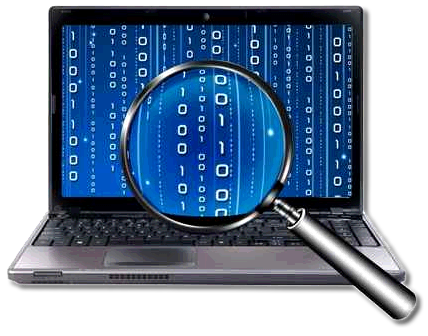
Computer forensics is the process of investigation to identify cybersecurity breaches and data stealing. It is also known as electronic discovery.
Forensics began as a post event discipline.
Experts examine systems following successful attacks and breaches and perform the clean-up and recommend mitigation actions.
IP theft is a growing threat. Anyone with data which has a value to someone is a potential target.
Expect a huge demand for computer forensics experts in the future.
The skills required include:
– Computer forensic security
– Forensic digital evidence
– Advanced digital investigation techniques
– Information engineering
– Computer systems and network technologies
– Mathematics and statistics for computing
– Procedural programming
– Computer programming
– Computer systems security
– Cryptography and information assurance
– Software development
– Advanced legal, social, ethical and professional issues
– Computers and the law
(picture courtesy of computersciencelabs.com
The BA Hons course in South Wales University which offer the above says of Computer Forensics.
"Data stored on digital devices reveals what we do and where we have been. Authorities can use this information to identify and convict people who break the law. This means that skilled professionals who can gather and interpret digital data are in high demand, and this practical course produces such professionals."
"Study the computer forensic process, tools and procedures, computer forensic and digital evidence, criminology, cryptography, information security, and computer crime. By graduation, you’ll be able to manage a forensic case and perform technical analysis of computer-based evidence."






